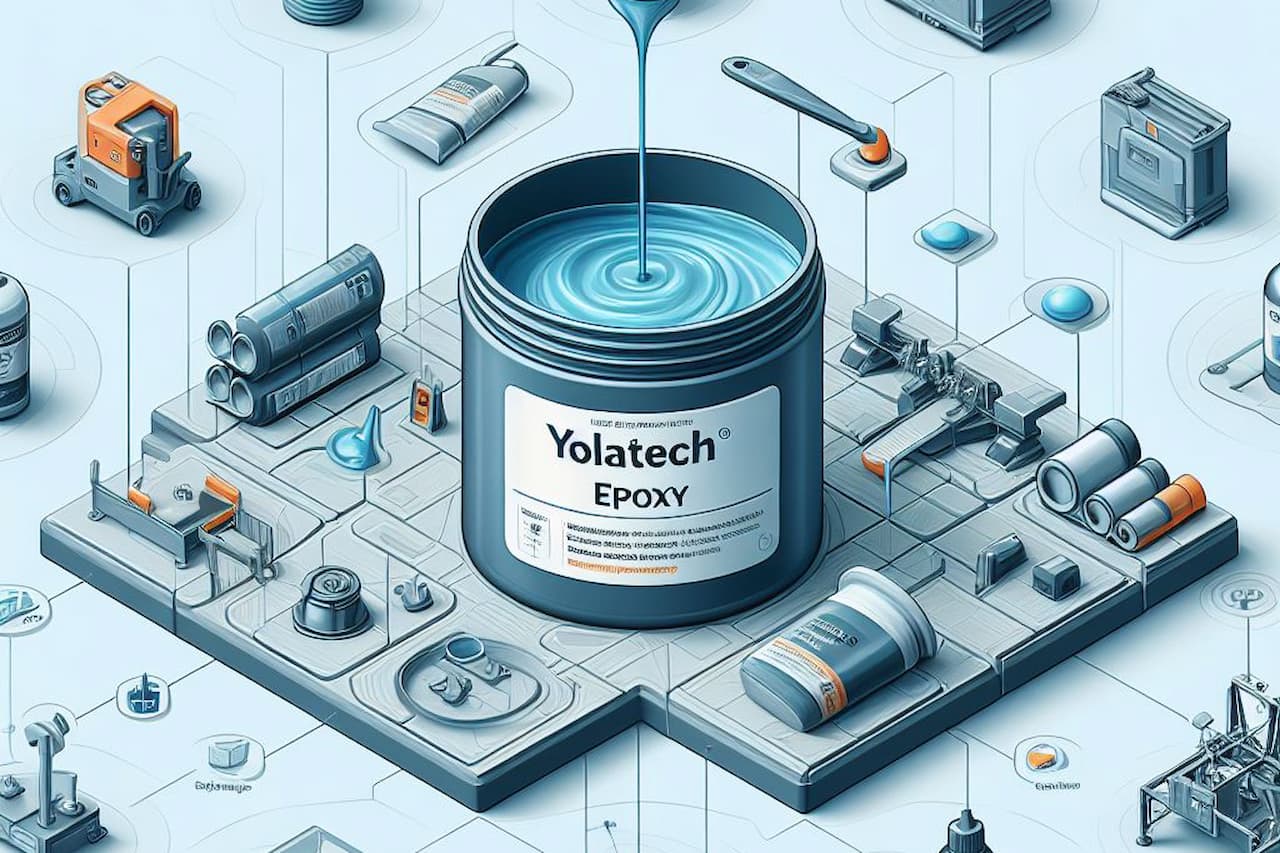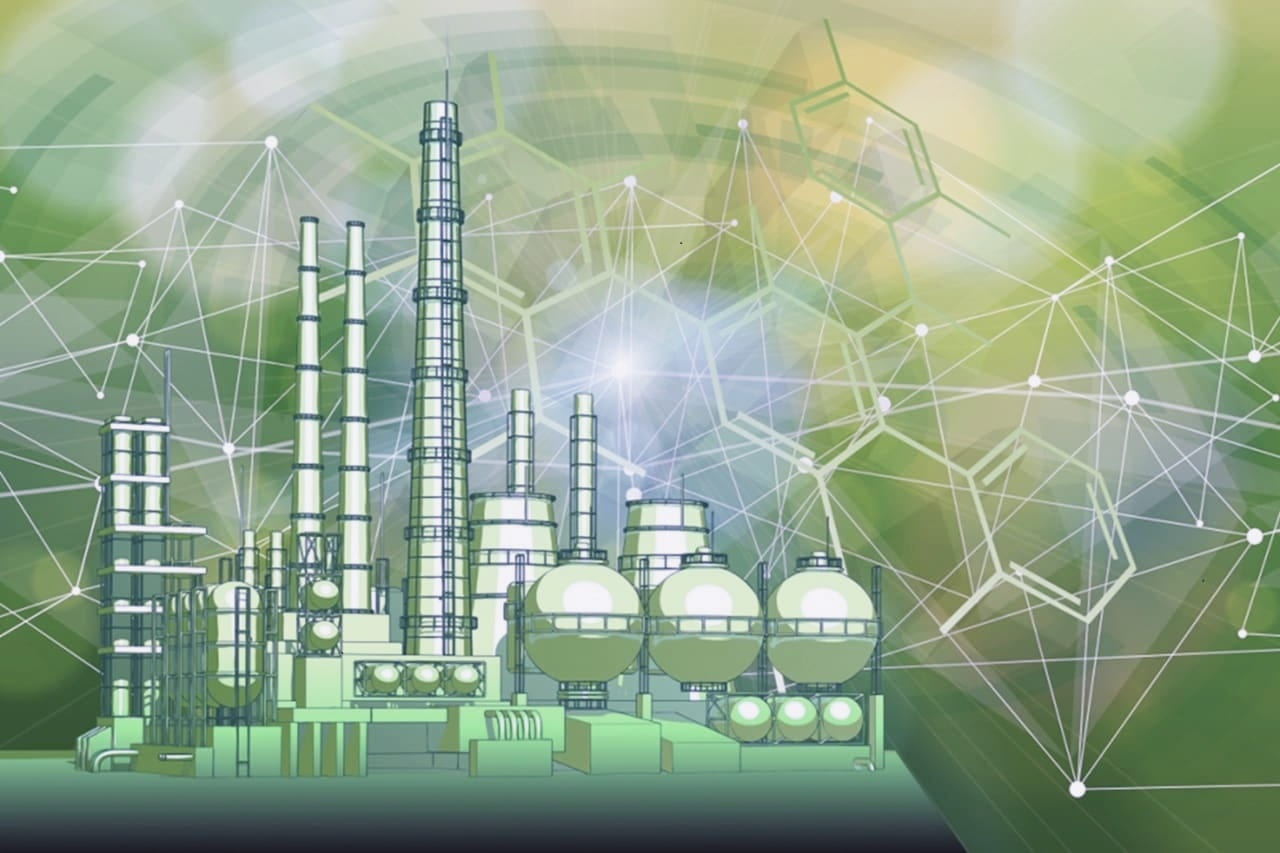Why does Epoxy Resin Crystallize
Mar 28, 2024
Background
Under normal conditions, bisphenol A-type liquid epoxy resins are colorless, transparent and flowable. When the external temperature is lowered, the molecular chain is less active and prone to crystal seeding. Liquid epoxy resin appears grey in color, free-floating crystals, crystal clusters, or hard lumps like curing, we call it the crystallization phenomenon.
Reasons for the crystallization of epoxy resin
The reasons for the crystallization of epoxy resin are complex, we mainly summarize the following.
High purity. We all know that crystals are highly pure substances, and so is epoxy resin, the higher the purity, the narrower the molecular distribution, the easier it is to crystallize.
Low viscosity. The lower the viscosity, the faster the crystallization.
Impurities. solid impurities are usually crystalline species for crystal growth, and the addition of certain precipitating pigment fillers can easily lead to crystallization. In contrast, larger particle sizes and higher additions are less likely to induce crystallization.
Temperature. A narrow temperature cycle of 20-30°C is a common cause of crystallization, with diurnal temperature fluctuations initiating or accelerating the rate of crystallization. In addition, ultra-low temperatures (below 5°C) will accelerate crystallization.
Moisture. The higher the moisture content, the more likely crystallization will occur.
Does crystallization affect the properties of epoxy resins?
The crystallization phenomenon does not affect the performance of the epoxy resin, only the epoxy resin morphology has changed, not deterioration. However, it brings a lot of inconvenience to the operation. After practice, the crystalline epoxy resin is dissolved by heating and mixed with the corresponding proportion of curing agent, its tensile strength, flexural strength, compressive strength, and bonding strength have no change in comparison with epoxy resin without crystallization.
It can be seen that the crystallization phenomenon does not affect the performance of the epoxy resin, only the epoxy resin morphology has changed, not a qualitative change. In general, the crystallization of epoxy resin adhesive is a reversible process that can be changed with the temperature and has no effect on the bonding performance and reinforcing effect of epoxy resin cured products. Even if the crystallization occurs, heating until it softens and disappears, it can be used normally.
Nanjing Yolatech provides all kinds of high purity and low chlorine epoxy resins, including Bisphenol A epoxy resin, Bisphenol F epoxy resin, Phenolic epoxy resin, Brominated epoxy resin, DOPO modified phenolic epoxy resin, MDI modified epoxy resin, DCPD epoxy resin, Multifunctional epoxy resin, Crystalline epoxy resin, HBPA epoxy resin and so on.
If you are interested in them, pls kindly contact us. We will be at service for you any time, thank you.
Read More




